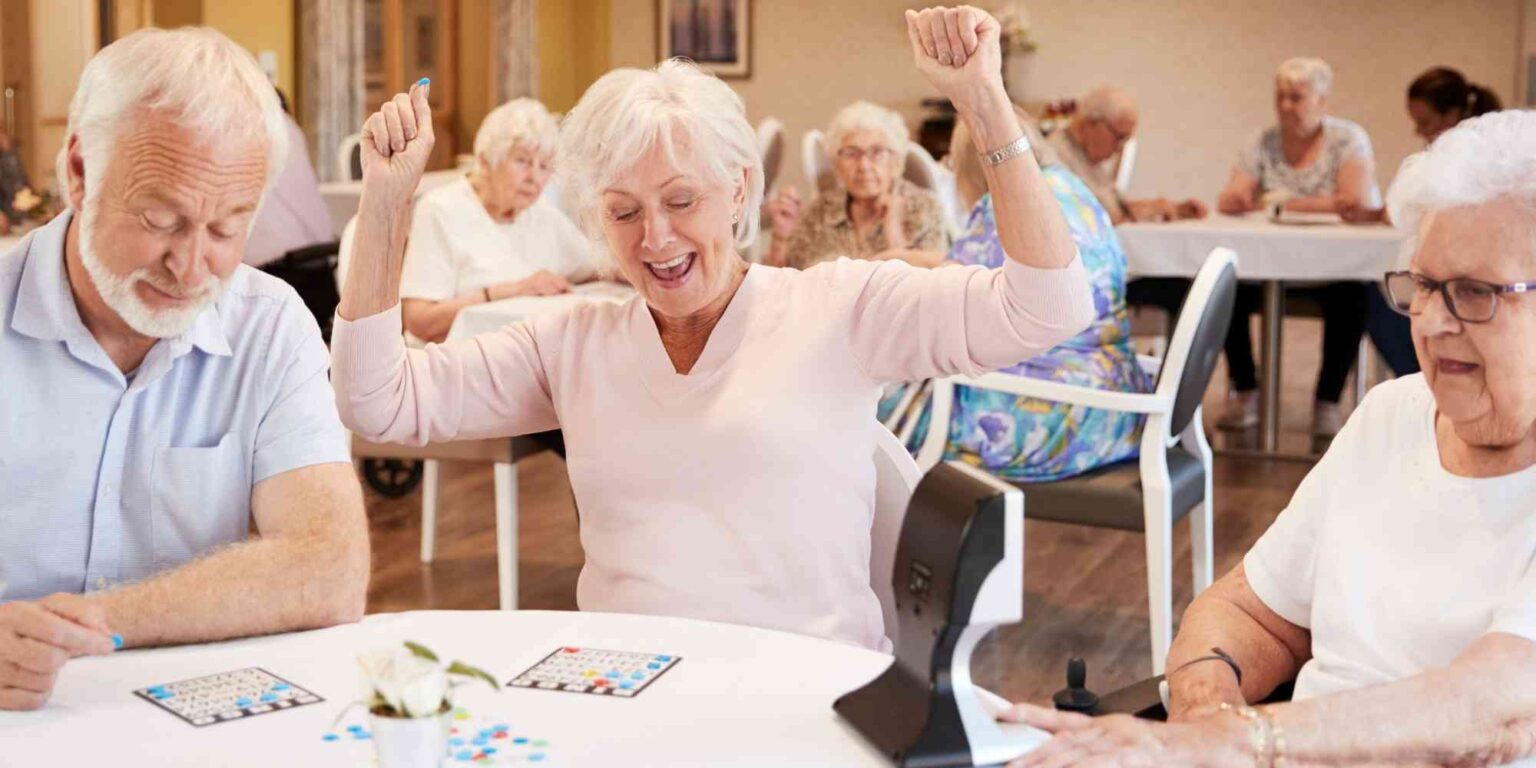Is Bingo Good For The Brain? Bingo is one of the stereotypical games in senior centers and retirement communities. But bingo might actually be good for your health! In fact, it has been shown to improve hand-eye coordination, brain function, and memory. Here are five ways bingo may be good for you! Read on to learn more! Listed below are the top 5 benefits of playing bingo. But what makes bingo so great for your brain?
Benefits of regular socialization
Aside from physical health benefits, regular socialization at bingo can have many psychological ones as well. In addition to slowing the aging process, it can help create new friendships, which can have multiple cognitive benefits down the road. For example, regular participants in bingo are less likely to suffer from depression or anxiety. Furthermore, being social with others helps to lower one’s risk of memory loss. And that’s not all – social connections foster better health and lower stress.
While bingo may not be the best exercise for the brain, it is an excellent stress reliever. It’s also a great way to get social with others, which can improve a person’s mental wellbeing. Moreover, the relaxed atmosphere and rhythmic sound of the balls are soothing and reduce mental fatigue. This type of regular socialization has even been linked to reduced levels of depression among senior citizens.
Improves mental speed
The game of bingo has been proven to boost mental speed in older adults. Most participants were 75 years old and had completed college. The researchers used computer-generated cards that were altered in contrast, size, and brightness. When the participants played bingo with these variations, they reported improved mental performance, while the elderly patients with mild dementia performed at similar levels to their healthy peers. These findings have important implications for people with dementia, as their memory, orientation, and language skills decline with age.
The game of bingo involves intense mental awareness and quick thinking, which can enhance memory and cognitive function. As the bingo caller announces numbers, players must check their cards and cross off numbers and patterns. When all the numbers are matched, the player wins. This continuous brain reflex helps preserve memory power and speed. By the time a player finishes the game, he or she will have a higher mental performance than if he or she had played another game.
Enhances visual acuity
In recent years, studies have shown that playing bingo can improve visual acuity in older adults. The game is popular among older adults, possibly because it is easy to learn the rules and involves social interaction. In addition to the visual benefits, bingo may help people with cognitive conditions and visual disorders. These benefits are not limited to older adults, though. It could also help prevent the spread of visual disorders. But the answer may be much more
complex than simply increasing the amount of exercise a person gets.
The researchers used an ESPI, which allows for variable adjustments in the size, contrast, and brightness of the cards, to test whether bingo enhances visual acuity in elderly people. They found that ESPIs are highly effective in improving visual acuity in groups with suboptimal vision. The researchers included 19 young adults and 14 patients with probable Alzheimer’s disease. They matched the individuals with AD.
Encourages reminiscing
The activity of Bingo encourages reminiscing in a variety of ways. For example, the reminiscing game Life experience bingo provides a fun way for seniors to recall events, people, and experiences in their past. Seniors can write down these memories on paper and place them in a container. They can then mark off those memories on their bingo sheets. The first person to have five of the same items wins the game. Life experience bingo builds memory recall and communication skills, and is an excellent way to exercise the senior brain.
Music Bingo, which requires residents to remember a song, can be a particularly rewarding way to get the brain working. The game comes with a CD that residents can use to play along with the game. Similarly, Familiar Face Bingo requires residents to remember the names of old-time Hollywood stars before finding a picture of the celebrity on their bingo cards. For a more personal game, picture cards are available for each celebrity.
Improves visual complexity
Improving visual complexity while playing bingo may help to reduce the cognitive load of the game. Reduced visual input may result in a decreased processing speed and deficient visual search. The effect of visual complexity may be compounded by the reduced contrast sensitivity and cognitive load. Researchers studied how different visual conditions affect cognitive performance. In addition to cognitive load, they investigated whether visual contrast sensitivity affects the performance of individuals with dementia.
Researchers from the University of Southampton Centre for Visual Cognition found that playing bingo can improve mental agility and prevent the cognitive decline associated with aging. Other research has shown that playing bingo can also improve memory in elderly people and is effective as an educational tool. Children can benefit from the educational value of bingo cards because they can use them to study, learn and have fun. This article will discuss the positive effects of ESPI on the visual complexity of patients with Alzheimer’s disease.

